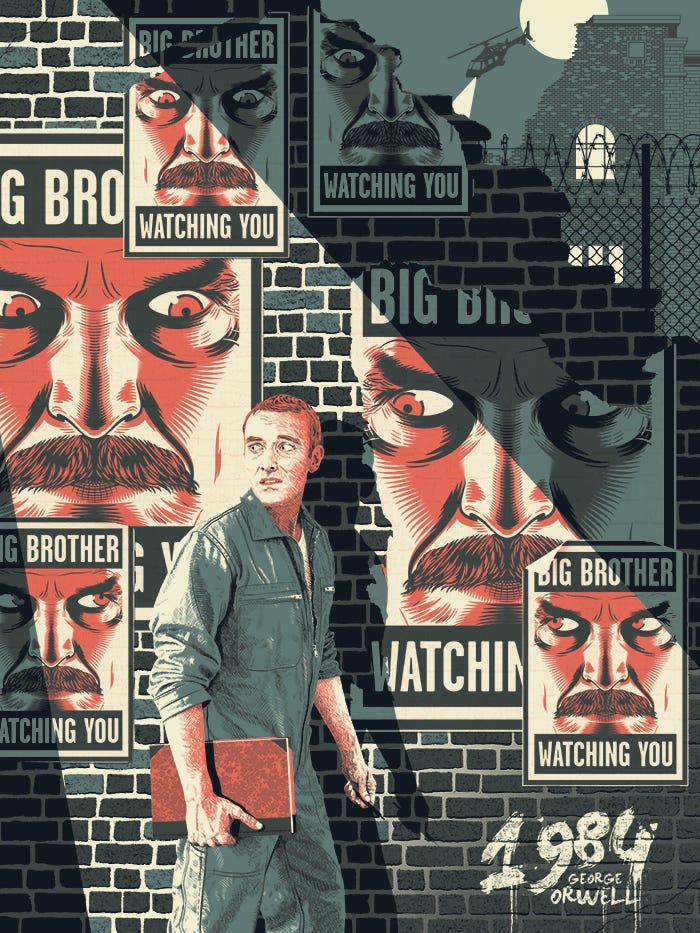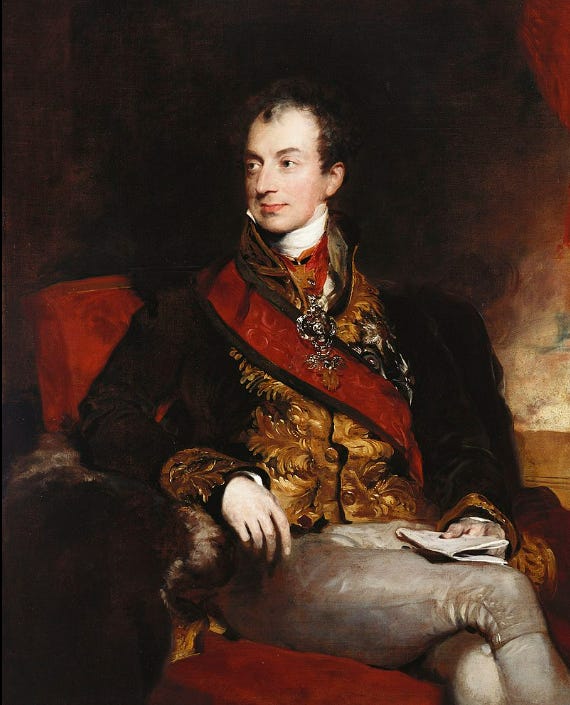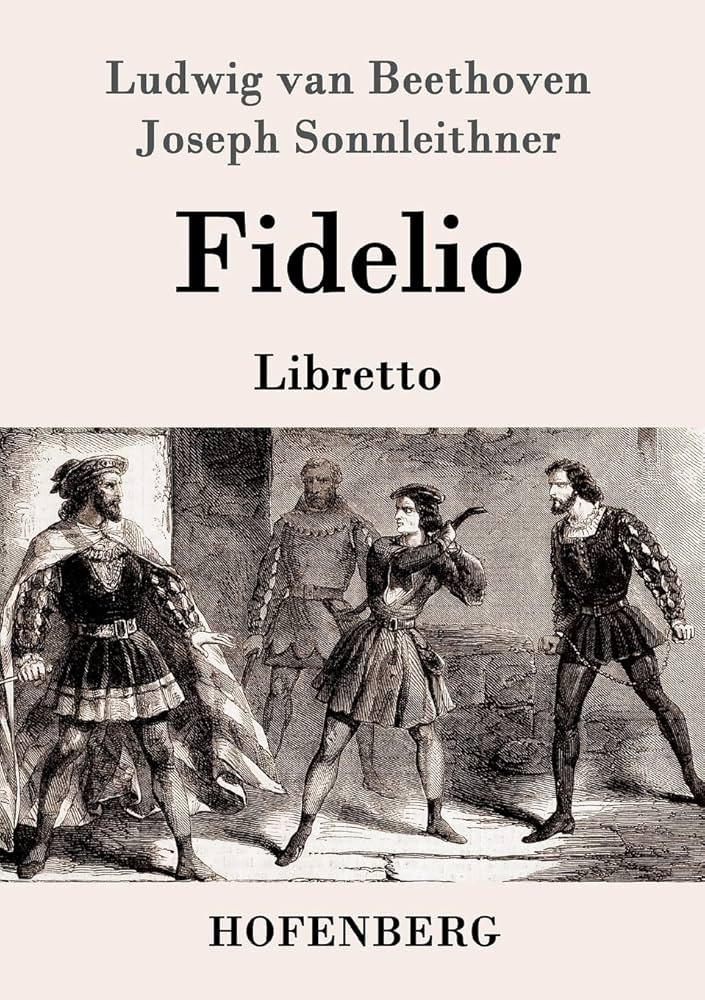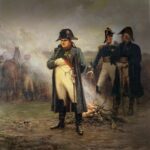The overreach of power today and in Beethoven’s days
If not from history, from Tolkien’s The Lord of the Rings one can easily observe and learn the true nature of power. Gollum’s character is the perfect example how this force can take hold of, change and disfigure anybody not careful enough.
It always wants more! George Washington, a wise man, knew it. That is why he chose not to be elected for life, but retired after his second term, making a precedent among the presidents to follow.
Nowadays, the dark side of power finds other ways to expand. Governments are getting more and more hungry all over the world, getting bigger and fatter by the day, constantly spending more than they have in the pockets. Casting an ever growing burden of debt on the next generations. The idea of small government is over, even in the “capitalist” US.
Today it is not about emperors and kings, aristocracy or religious institutions loosing their way. Our freedoms, even in liberal Western democracies, are taken away by our own elected officials, step by step, and the whole process is even sugarcoated for us. It is always for a “just cause”, some social initiative, protection of the populous or minorities. The result? Dare think or say something not aligned with the government policies and you get canceled, fired from your job, forced to participate in “re-education” or even put in jail.

Our streets are full with millions of surveillance cameras run by ever more sophisticated facial recognition software. Social networks sold the lie of “connecting people”, but in fact all they do is divide, manipulate (often by the dictates of governments) and above all sell our personal data to profit hungry companies, for billions.
Surely, a reset to all this is due! Governments must be cut back to minimal, to focus on education and healthcare for example, as they have no place in our private lives, discussions, thoughts or among our posts on any social media!
One might think this is all unprecedented, made possible only by technology. But are we living in special times?
Vienna, the first modern police state
Franz II took the throne of the empire in 1792, who despite having his enlightened uncle as a role model, was conservative and afraid of change. Instead he was keen on having a strong secret police and censorship. When a year later King Louis XVI was beheaded in France he unleashed his secret police on Vienna, making it the first modern police state. Not only suspicious political initiatives were monitored, but even free speech and thought was suppressed. The emperor was so heavily invested in control that he complained, “too many people were reading newspapers”.
Foreign minister of the Austrian Empire, Metternich was the mastermind behind the surveillance network that was monitoring the loyal and not so loyal subjects of the emperor. Metternich was a brilliant mind and a practical man who was more than willing to sacrifice the freedom of the people for political stability.
His methods were various and layered. His network of informants was so vast that it is estimated that one in five people in Vienna acted as spies for the government. The regime closely monitored printed texts and personal correspondence. Censors examined thousands of works annually, spies would infiltrate social gatherings where political discussions might occur. Authorities also conducted searches of residences, confiscating literature and materials deemed radical.

One must think how easy we made life today for those who gather information in similar positions! All they have to do is look at our social media feeds…
Metternich’s system of surveillance and his network of spies was supercharged in 1814-1815, when the city hosted the Congress of Vienna. This is where all members of the 6th coalition, which defeated Napoleon, were present. Royalties, ministers, politicians and technocrats gathered to discuss the future of Europe. Needless to say, each suspicious of the others.
It is estimated that some 15 000 letters, notes and all kinds of papers were contained and processed – daily! Many recovered even from trash bins! At the end of the conference (which lasted 8 months) the chief police officer of Vienna passed away from exhaustion and a merciful heart attack.
Beethoven the suspicious subject
Although musicians were also monitored closely in this period, the authorities found it hard to prove any instrumental music being rebellious against the regime, and as such they could remain the form of free expression.
When young Beethoven had arrived in Vienna he immediately sensed the mounting pressure and limitations on the society. In 1794 he wrote to Nikolaus Simrock,
“We are having very hot weather here; and the Viennese are afraid that soon they will not be able to get any more ice cream. For, as the winter was so mild, ice is scarce. Here various important people have been locked up; it is said that a revolution was about to break out—But I believe that so long as an Austrian can get his brown ale and his little sausages, he is not likely to revolt.”
Beethoven himself was more than open to revolutionary ideas, coming from Bonn, a city closer to Paris in spirit than Vienna. Soon enough, he also had become a suspicious element to monitor closely, as even the emperor declared one day concerning Beethoven, “There is something revolutionary in that music!” Yes, there is!
One did not have to look hard for evidence of dangerous elements concerning Beethoven. When he titled his Third Symphony Bonaparte (after the arch enemy Napoleon) he was openly playing with fire. Although by the time he already was the liebling of some seriously influential patrons, probably it was for the best to rename it Eroica after Napoleon declared himself emperor.
His only opera, Fidelio, was banned at first for two weeks before the premiere in 1805 October. The ban was lifted only after a petition was handed in by the translator and librettist Sonnleithner. The Ministry of Police finally authorized the performance on the condition of a “few changes”. Also, a police official would be present at all performances, libretto in hand, to make sure the text was according to the word as the censors approved it. As an ugly joke from life, by the time of the premiere, the royal court had fled the capital and Vienna was occupied by French troops – who eventually made up most of the audience.

During the second French occupation of Vienna Napoleon allowed some freedoms to come back. A newspaper ad said, “All persons who have forbidden books on deposit at the former Censorship Bureau may now claim them.” Plays formerly banned, including Schiller’s Don Carlos and Wilhelm Tell and Goethe’s Egmont, returned to the stages of Vienna.
From existing documents we also know that it was not only Beethoven who was monitored on a daily basis, but even his nephew Carl. During the custody battle over his nephew, the chief of the Royal Police and the Censor’s Office reported to Emperor Franz II
“It is evident that this boy, now 13 years old . . . ran wild to some extent under the influence of his uneconomical mother, who did not have the best reputation. For a year now, at his uncle’s expense, he has been in the private school of a certain Blöchlinger . . . His talent and his application are praised, and if he commits many thoughtless and youthful pranks . . . they are ascribed much more to his imprudence, combined with a passionate temperament and the habit of doing violence to obedience and decorum . . . than to ill will.”
Remarkable details on a 13 years old!
As years passed by Beethoven became untouchable, even for Metternich. He could say and do anything. One day grumpy Ludwig was having dinner at his local tavern and was shocked to realize the latest prices, the effect of war inflation. He remarked: unless the emperor is hanged, nothing will change!
After such a statement, not many could go to sleep in his own bed that night….


